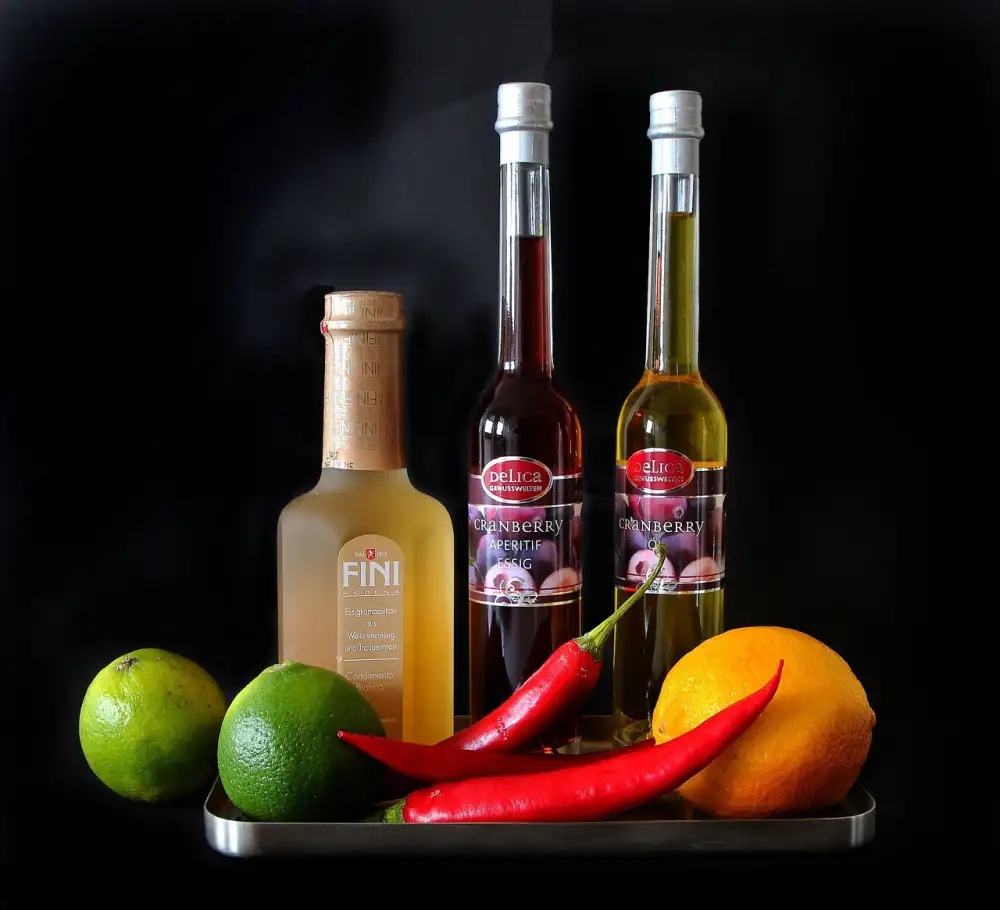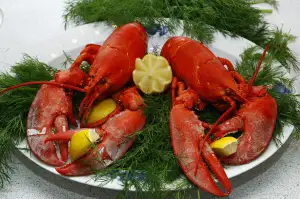Discover Top Substitutes for Rice Vinegar to Elevate Your Culinary Creations

- Apple Cider Vinegar: Offers a slightly fruity flavor that can work well in dressings and marinades.
- White Wine Vinegar: Provides a mild and tangy taste suitable for pickling and sauces.
- Lemon or Lime Juice: Adds a citrusy zing that complements seafood dishes and salads.
- Balsamic Vinegar: Imparts a rich and sweet flavor, ideal for glazes and reductions.
- Champagne Vinegar: Brings a delicate and light taste that enhances vinaigrettes and sauces.
Apple Cider Vinegar: Offers a slightly fruity flavor that can work well in dressings and marinades.
Apple cider vinegar is a versatile substitute for rice vinegar, offering a slightly fruity flavor profile that can elevate your culinary creations. Its tangy and mildly sweet taste makes it an excellent choice for dressings and marinades, adding depth and complexity to your dishes. The acidity of apple cider vinegar also helps tenderize meats and brighten up salads, making it a popular go-to option in many kitchens. Next time you run out of rice vinegar, consider reaching for apple cider vinegar to add a refreshing twist to your recipes.
White Wine Vinegar: Provides a mild and tangy taste suitable for pickling and sauces.
White wine vinegar is a versatile ingredient that offers a mild and tangy flavor profile, making it an excellent substitute for rice vinegar in various recipes. Its acidity level adds a subtle kick to dishes without overpowering other flavors, making it ideal for pickling vegetables or creating flavorful sauces. The delicate taste of white wine vinegar pairs well with herbs and spices, enhancing the overall complexity of the dish. Whether you're looking to add a tangy twist to your pickles or elevate the taste of your sauces, white wine vinegar is a great option to consider in your culinary creations.
Lemon or Lime Juice: Adds a citrusy zing that complements seafood dishes and salads.
Lemon or lime juice is a versatile substitute for rice vinegar, offering a refreshing citrusy zing to your dishes. The acidity of these juices can brighten up seafood dishes and salads, enhancing their flavors. The tanginess of lemon or lime juice pairs well with the natural sweetness of seafood, creating a harmonious balance in your culinary creations. Additionally, the vibrant citrus notes can add a burst of freshness to salads, making them more appetizing and flavorful. Consider using lemon or lime juice as an alternative to rice vinegar to elevate your dishes with a delightful citrus twist.
Balsamic Vinegar: Imparts a rich and sweet flavor, ideal for glazes and reductions.
Balsamic vinegar, a dark, syrupy vinegar originating from Italy, is renowned for its rich and sweet flavor profile. Its complex taste comes from the aging process in wooden barrels, which can range from several years to decades. This vinegar is perfect for adding depth to dishes like glazes and reductions, where its sweetness can balance out savory or bitter flavors. Its versatility allows it to be drizzled over salads, roasted vegetables, grilled meats, or even fresh fruit for a gourmet touch.
Champagne Vinegar: Brings a delicate and light taste that enhances vinaigrettes and sauces.
Champagne vinegar is a versatile ingredient that can elevate the flavors of vinaigrettes and sauces with its delicate and light taste. Made from champagne, this vinegar offers a subtle acidity that pairs well with a variety of dishes, adding a touch of sophistication to your culinary creations. Its nuanced flavor profile makes it an excellent choice for enhancing the taste of dressings, marinades, and even seafood dishes. Incorporating champagne vinegar into your recipes can bring a unique depth of flavor that will impress your guests and elevate your cooking to new heights.
Published: 08. 04. 2024
Category: Food



